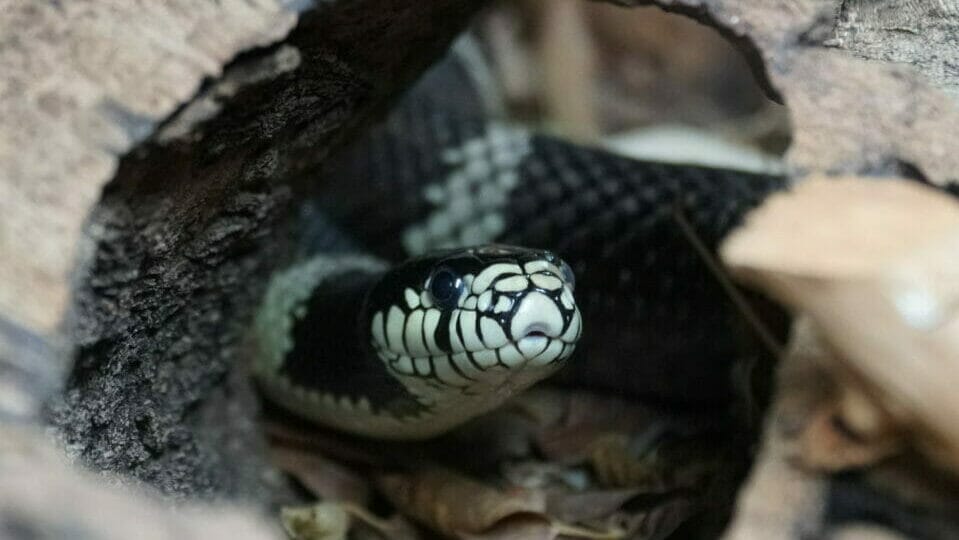Superstitions are part of human nature; we can’t help but make associations between our world and the things that happen to us. Since the beginning of time that has meant that animals often carry certain meanings when they are spotted by people. Some of these beliefs are unfounded, and places like Fossil Rim work to use modern tools to dispel them. However, others actually have a surprising basis in science. In honor of October, let’s take a look at a few of these superstitions!
Cultural Backgrounds
Before anything else, it’s important to remember that each culture has their own views and histories that affect their superstitions. Some of these views may have been or continue to be genuinely valuable to them, acting as lessons or encouraging safe behaviors. However, others have ended up doing more harm than good, and people from all over the world are changing the way they view the beliefs of their ancestors, and updating them without forgetting them.

One of the most common culturally held superstitions mentioned when talking about the harm beliefs can cause has to do with rhino horns and their supposed medicinal properties. In some countries, rhino horns have been harvested for thousands of years to be used to treat various illnesses and deficiencies. The use of animal products in medicine is nothing new, but when it comes to rhino horns, there is no scientific basis for its use. Even more than the lack of evidence behind its healing properties, this widespread belief has led to illegal poaching and overharvesting of rhino horns, and a huge decline in population numbers.
Luckily, organizations like the International Rhino Foundation are working hard to dispel these beliefs and put barriers in place that protect rhinos and offer solutions to their dwindling population problem.
The Stuff of Legends

A less graphic and more whimsical belief dispelled by science has to do with a certain fairytale creature known as the unicorn. As Europeans attempted to explore parts of the world unknown to them, they began to encounter and document wildlife that was incredibly foreign to them. A few of these, like various forms of the oryx antelope, have incredibly long and even horns. When turned to the side, it can look remarkably like a single horn. Without any other animals to compare these antelope to besides deer and horses, and with the likely poor viewing opportunities presented to these travelers, they did their best to document what they were seeing: and thus the myth of the unicorn was born!
Science or Fiction?
Have you ever read a story or heard a tale that includes a villain portrayed as a snake? Even in our modern slang, a snake can mean someone who double-crosses others and is generally not a great person. So where does this superstition come from? While ancient texts, including those from several religions use the concept of a snake to represent evil, there could be more to it. Imagine that you are living thousands of years ago, constantly living with and at odds with nature. Growing up with stories about how snakes can be deadly isn’t that far off from the truth. Of course, we know today that a venomous snake doesn’t bite people out of spite, but applying human emotions to one could have been a great way to teach children to stay out of danger, and help them understand the world around them without modern science.

Even though humans like to think of themselves as advanced in 2022, we’re willing to bet you still have a few superstitions you’re holding on to. We like to believe that as long as you are not hurting others or the world around you, these beliefs can be an interesting insight into who you are and where you come from! Let us know what some of your most interesting superstitions are, and, on behalf of everyone at Fossil Rim, have a Happy Halloween!

